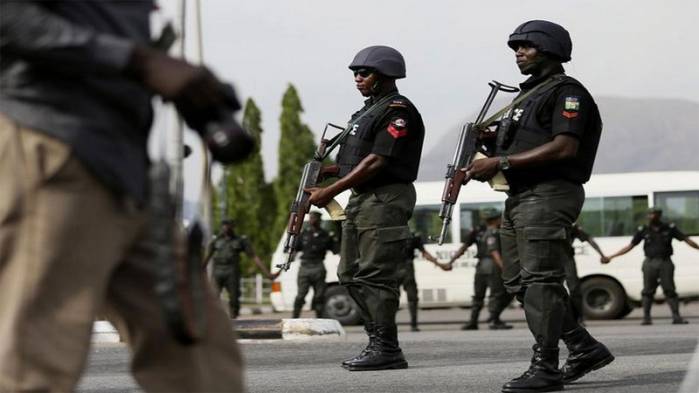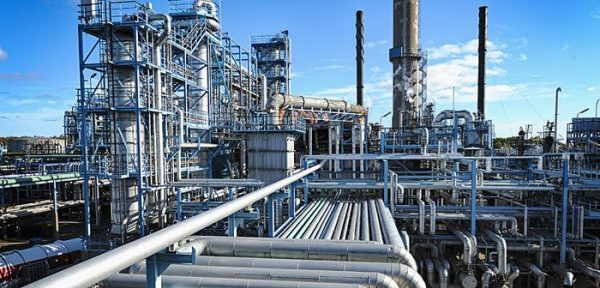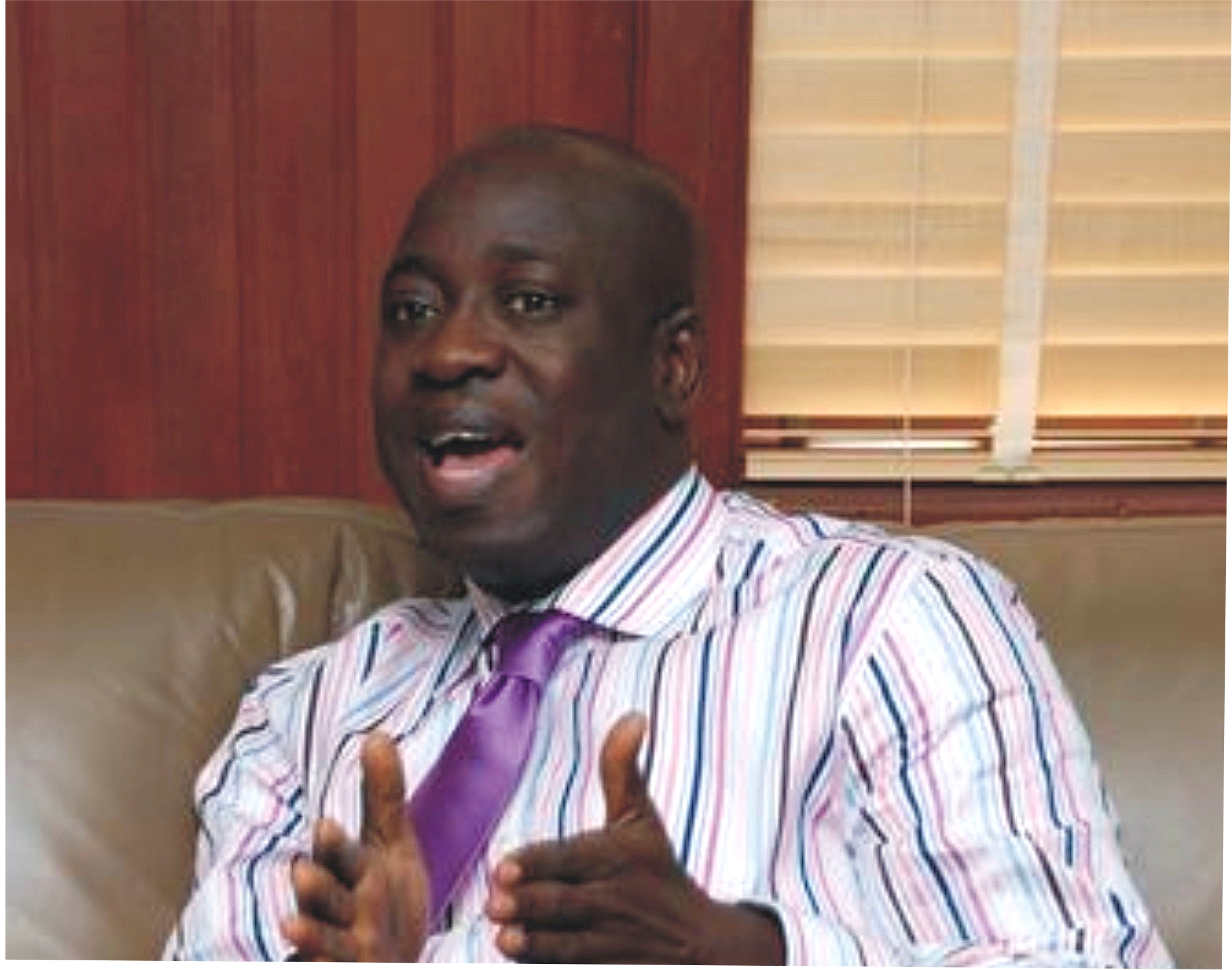It has been a year of hardship for Nigerians and a concern for those in government on how to grow the dwindling economy as the year began with full blown economic recession that dove-tailed from third quarter of 2016 into 2017.
Prof. Akpan Ekpo, an Economist and former Vice-Chancellor of the University of Uyo, in Akwa Ibom state, in one of his lectures outlined the indices of an economy in recession to include, high inflation, high interest rates, low GDP, high poverty among citizens, high exchange rate to international currency, high unemployment ratio, low purchasing power among citizens, low foreign reserve and low non-oil exports.
It is significant to note that all these indices of an economy in recession had welcome Nigeria into the outgoing year 2017. The companies were sacking, there was scarcity of funds in supply, the inflation rate was very high, Nigerian foreign reserve was dwindling and exchange rate had gone as high as a N500 to a dollar, Gross Domestic Product (GDP) was low and the inflation led to high cost of food stuff whereas Nigerians did not even have the purchasing power.
What also worsened matters was the low revenue from oil because of the drop in global oil price which is the main source of revenue in the country as well as the activities of militants in Niger Delta, which caused depreciation in oil production output.
The common word in the mouth of most Nigerians was hardship. And President Muhammadu Buhari-led government was under severe bashing by frustrated Nigerians.
In order to ameliorate the suffering of Nigerians government had during the year introduced some palliative measures one of which was the release of N500 billion into the economy to cushion the effect of the recession.
Beyond that the President during the year release money to the states as bail-out funds to enable them pay salaries of workers and pensioners.
However the first policy of government to take off in year 2017 was the ban on importation of vehicles through the land borders, which took effect from January1, 2017.
Read also: AMCON expresses worry over N4.7tr debt profile to CBN
Mr. Godwin Emefiele, Governor of Central Bank of Nigeria (CBN), had his hand full in determining how to bring out best monetary and banking policies that would instigate the growth of the economy plagued by recession.
Another measure CBN introduced to stabilize the naira and also boost the dwindling foreign reserve was to place $3bilion Eurobond at the international capital market in September which was oversubscribed by $11b and that effort shored up the external reserve to $34b from first quarter level of $24b.
The apex bank also during the year introduced Investors and Exporters (I&E) Foreign Exchange window, which enabled foreign exchange (Forex) seekers going direct to the market to buy it once it fits the pricing structure of the goods or what the forex seekers would want to do.
CBN had also during the year introduced a policy that required banks to publish a report, which container its lending activities to firms whose business have impact on the environment. The policy now compelled banks to ensure that there was environmental impact assessment conducted before going forward in lending money to such companies. Affected by the new policy include those in the oil and gas sector.
2017 would remain a year the manufacturing industries went to a very harsh operating environment because of the dwindling economy that was worsened by recession. This development led to companies recording profit losses, dwindling business, low patronage, high cost of operation because of high exchange rate of dollar to naira and mass retrenchment of staff.
For the banking sector, it was also not a good year for them because they recorded low deposits apart from feeling the full negative effect of the Treasury Single Account, among other unfriendly CBN’s policies. The year also witnessed retrenchment of staff by banks and further reduction in some staff allowances.
Some of these policies included fixing the Monetary Policy Rate at 14 percent, Cash Reserve Ratio at 22.5 percent and liquidity ratio at 30 percent to stem the tide of the free fall of naira and high inflation rate that hit an all time high at 18 per percent at the first quarter of this year.
In order to curb tax evasion by multinational companies operating in Nigeria, the Federal government through the Ministry of Finance this year signed the Global Convention Act on base erosion and profit shifting to stop companies generating profit in Nigeria in a bid to evade taxes would repatriate their profits to countries where little or no tax is payable.
The year also recorded the exhibition of the first made in Nigeria goods fair. The event which was held in Abuja in June, created opportunity for Nigerian manufacturers to showcase their goods in line with the federal initiative to promote and encourage made in Nigeria goods by Nigerians and government.
The federal government during the outgoing year signed into law three executive orders aimed at promoting ease in doing business. The orders directed the ports to implement round the clock operation, promote transparency in doing business, require government to prioritise locally made goods and services in government procurement and insist that all Ministries, Department and Agencies {MDAs} grant applications for permits, registrations, and licences within stipulated time.
There was a major occurrence in the telecommunication sector in Nigeria as one of the mobile telecomm network in Nigeria Etisalat change name to 9mobile. The change was a fallout of the replacement of Mr. Hakeem –Bello Osagie’s board in June following the face-off between Etisalat and a consortium of 13 Nigerian banks over the network provider inability to pay the $1.2 billion loan.
The intervention of CBN and NCC led to the replacement of Mr. Bello- Osagie’s board with Dr. Joseph Nnana, a Deputy Governor of CBN as chairman of 9mobile.
Trouble stated for etisalat Nigeria when Hatem Dowidar, CEO of its parent company Etisalat International in July announced the pull out of the Group from etisalat Nigeria.
Again, it was a year some blue chip companies unveiled new products into the Nigerian market to keep the pace in their competitive industry. Among the notable companies that launched new products into their staple was Nigerian Breweries Plc. The Brewery giant introduced a zobo-flavoured alcoholic drink called Ace Desire. The Marketing Director of Nigeria Brewery, Mr. Franco Maggi, explained that the product was a blend of spirit, natural Hibiscus or zobo extracts with a rich aroma in a 33cl glass bottle.
Chi Limited, makers of Hollandia Yoghurt, also introduced another brand of Hollandia Yoghurt ‘Slurp it off ‘which comes in 315ml pack.
For electricity consumers, MTN in Partnership with Lumos mobile Electricity Service launched into the market MTN Yello to ease electricity supply. The product brings 24 hours solar powered energy to homes and offices at a minimum rate of N150 per day. The payment for the consumption is done with MTN airtime from an MTN customized phone.
According to the MTN and its partner Lumos, the electricity device which comes with a five year warranty can light bulbs, fans, televisions, radio, DVD and computers only.
Also during the year, the Federal government approved new petroleum and gas policy that is to effect an end to importation of petroleum products and improved local production and exports. The 100 page petroleum policy document whose implementation is to be carried out by Dr. Ibe Kachukwu led Steering Committee is expected to see Nigeria transit from an oil exporting country to exporter of gas by 2019.
The year also witnessed the suspension of the Director-General of Securities and Exchange Commission {SEC), Hamon Gwarzo, by the Minister of Finance Kemi Adeosun.
His suspension created ripples when the SEG DG alleged that his suspension was because he defied the order of the Finance Minister to stop the auditing the Commission was carrying on OANDO Plc. But the Minister said it had to do with corruption matters in the Commission and the DG had to step aside to enable proper investigation.
Also, the application by Morrocco, a North African country to be admitted into membership of ECOWAS Ruffled feathers in the Organised Private Sector in Nigeria and they rose stoutly to oppose it.
President of Manufacturers Association of Nigeria (MAN), Mr. Frank Udemba, had warned against the admission of Morrocco into membership of ECOWAS citing negative implication on the region and Nigeria in particular.
He reasoned that admission of Morrocco would cost Nigeria’s economy about $1.3 billion in revenue loss in the region and distort the country’s industrialization plan.
It is instructive to note that during the third quarter of the year, Nigeria economy, according to National Bureau of Statistics, had gone out of recession with an improvement in foreign reserve, drop in inflation rate, slide appreciation of naira, drop in cost of food stuff.
But this cheering news which many Nigerians were still receiving with a pinch of salt was rubbished by acute fuel scarcity across the country in December leading to many Nigerians sleeping in petrol stations on Christmas and Boxing day. The scarcity which is still dragging to the end of the year has caused untold hardship to commuters and those that desired to travel as transport fares had gone by as much as 400 percent because of the high cost of fuel sold for between N230 and N400 a litre in some states.
For many Nigerians, 2017 will remain a year that will not be forgotten easily because of hardship and the wishes of many are that 2018 will be better.
President Buhari capped it all as he painted the picture of the year when a delegation led by the Minister of Federal Capital Territory, Alhaji Muhammad Musa Bello, paid him a Christmas homage. The President said it was a tough year for Nigeria and Nigerians and hope for a better year in 2018. “It has been a tough year for Nigeria and I hope next year will be better much more prosperous one.”











